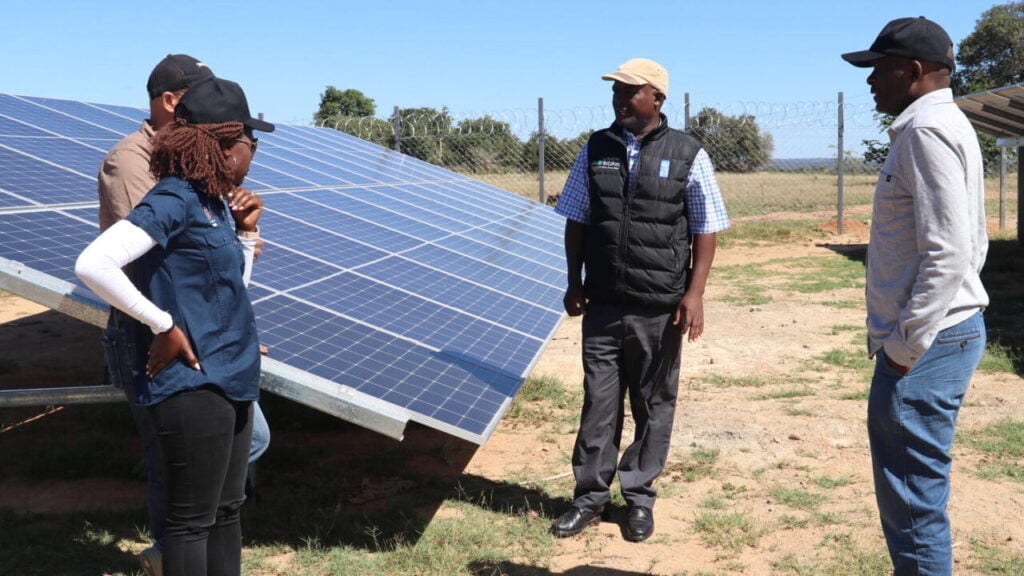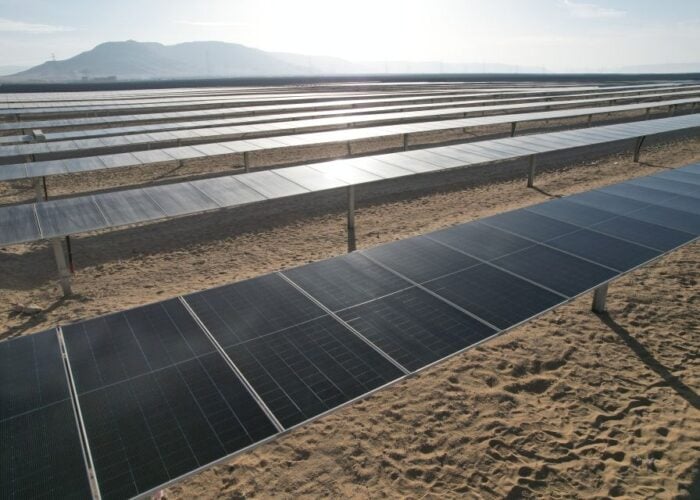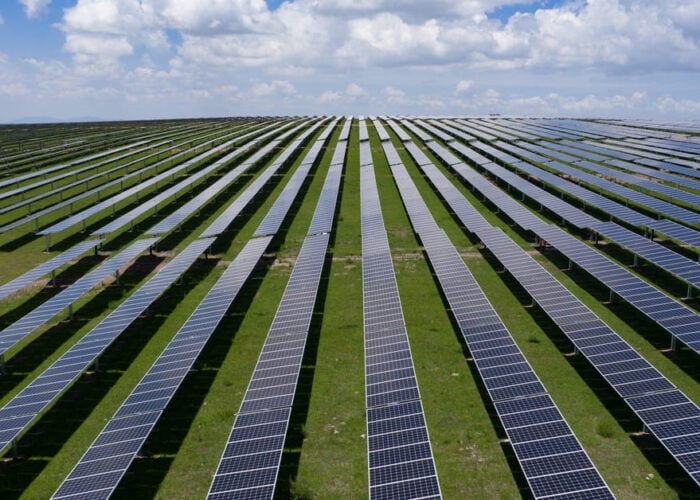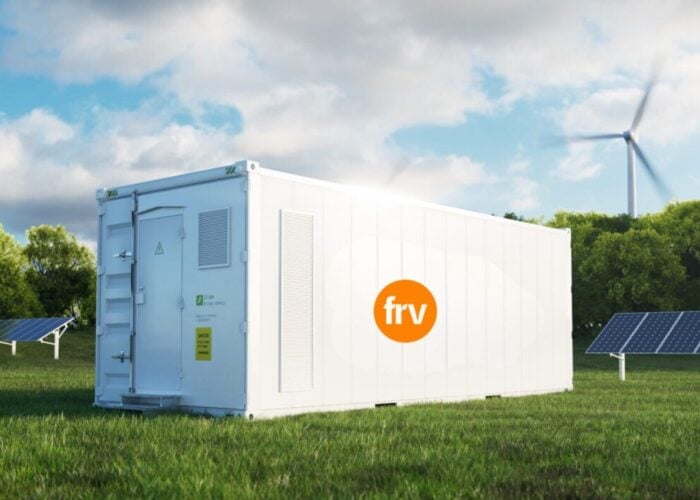
The African Development Bank (AfDB) has approved a €26.5 million (US$29.5 million) financing package to support the development of a 62MW solar PV plant in Sokodé, Togo.
Developed by French asset manager Meridiam and French utility Électricité de France (EDF), the project will account for more than one-quarter of the 200MW of renewable energy capacity the Togolese government expects to be in operation by 2030.
Try Premium for just $1
- Full premium access for the first month at only $1
- Converts to an annual rate after 30 days unless cancelled
- Cancel anytime during the trial period
Premium Benefits
- Expert industry analysis and interviews
- Digital access to PV Tech Power journal
- Exclusive event discounts
Or get the full Premium subscription right away
Or continue reading this article for free
The financing includes a loan from the AfDB of up to €18.5 million and a concessional loan of up to €8 million from the bank-managed Sustainable Energy Fund for Africa (SEFA), with PROPACO, a French development finance agency, providing additional co-financing. The project’s investment totals €61 million.
“The Sokodé solar project is a landmark achievement that highlights Togo’s strong commitment to the transition to renewable energy in line with the Togo M300 energy compact under preparation, and the bank’s long-standing commitment to supporting clean energy projects across the continent,” said Kevin Kariuki, vice president for power, energy, climate, and green growth at the AfDB.
Zambia begins construction on 100MW solar-plus-storage project
In other African news, Zambia has started construction on a 100MW solar PV plant in the southern Choma District.
Developed by Zambian independent power producer (IPP) GEI Power, in partnership with Turkey’s YEO Teknoloji Enerji ve Endustri, the project will be co-located with a 40MWh battery energy storage system, according to GEI Power’s website.
To be built in phases, the first phase of the project will consist of 50MW solar PV and 20MWh BESS. The project is part of the country’s goal to add 1GW of electricity to the country’s grid by the end of 2025.
According to GEI Powe,r the project would be the first grid-connected BESS integrated solar power plant in the country. A power purchase agreement (PPA) has been secured with the Zambian utility ZESCO Limited.
The project is supported by the United Nations Development Programme (UNDP), through its Energy for Growth in Africa (E4G) initiative, and with support from the Platform for Investment Support and Technical Assistance (PISTA).
Through PISTA, UNDP is providing transaction advisory services, and support in completing the project’s environmental and social impact assessment, and building a ‘gender action plan’ for the project. According to UNDP, these measures have been essential to help the project meet due diligence requirements for investors.
“Let me assure all stakeholders here present that the Ministry of Energy remains committed to supporting private sector initiatives that supplement government efforts in the development of energy infrastructure. We will continue to work diligently to create an enabling environment for innovation, investment, and sustainability,” said Zambia’s energy minister, Makozo Chikote.
The construction of the solar PV plant will allow for the country to diversify its electricity power mix. According to UNDP, nearly 84% comes from hydropower, which has been affected by prolonged droughts, while more than half of the population lacks access to electricity.






